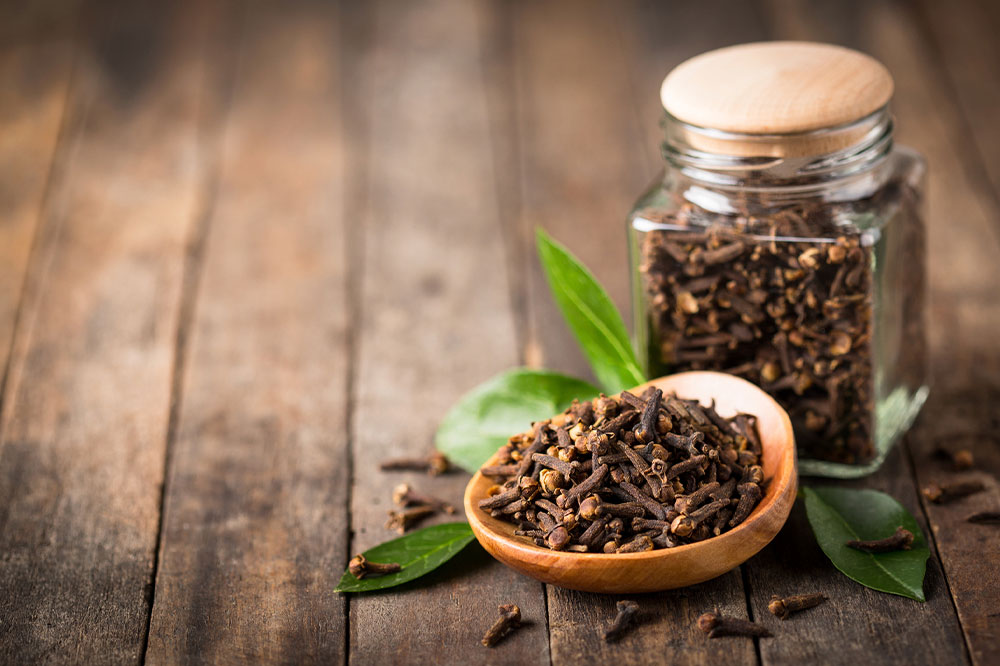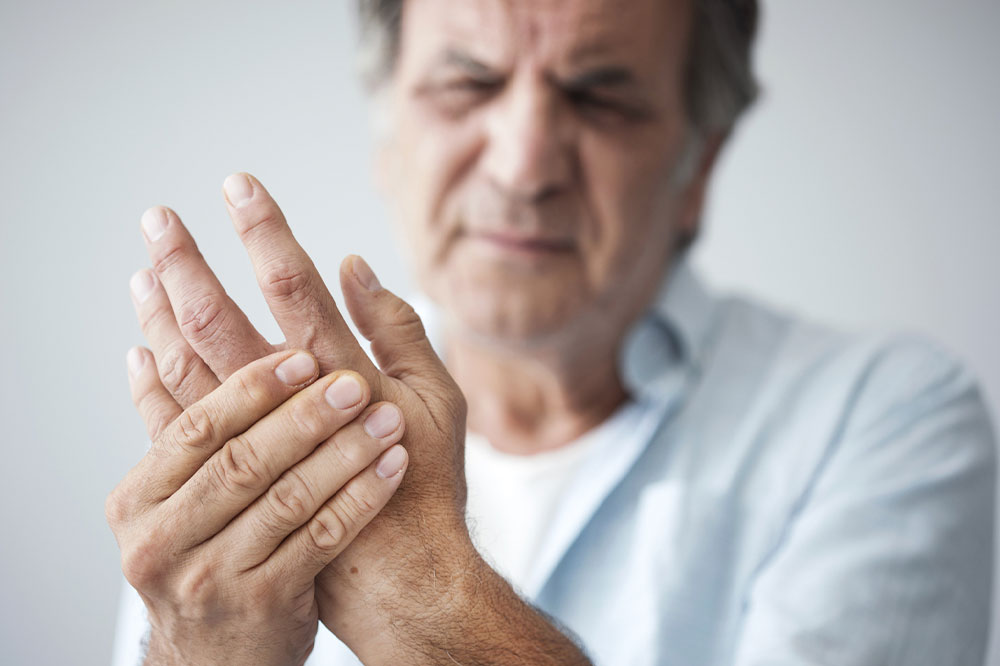3 tips to manage leukemia
Leukemia is an umbrella term for cancers affecting the blood and the body’s blood-forming tissues, called bone marrow. It reduces the body’s natural ability to fight various infections and diseases. Researchers believe leukemia occurs when the DNA in blood cells called leukocytes mutate or change. As with other forms of cancer, there’s no cure for leukemia, but there are multiple tried-and-tested ways to manage the condition and help make life easier: Try these treatment options One must explore these treatment options to manage leukemia: BLINCYTO® The FDA has approved BLINCYTO® (blinatumomab) for treating adults and children with B-cell precursor acute lymphoblastic leukemia (ALL). ALL is a form of leukemia in which the bone marrow makes too many lymphocytes, a type of white blood cell. BLINCYTO® is a targeted treatment targeting a specific protein on the leukemia cells so the immune system can identify and destroy them. It is typically prescribed to ALL patients in remission but has detectable traces of cancer and people whose cancer has returned or did not respond to other treatments. BLINCYTO® is usually administered to patients via the infusion pump. Some potential side effects include infections, fever, headache, face swelling, low or high blood pressure, and low counts of red blood cells, white blood cells, and platelets.
Read More 









